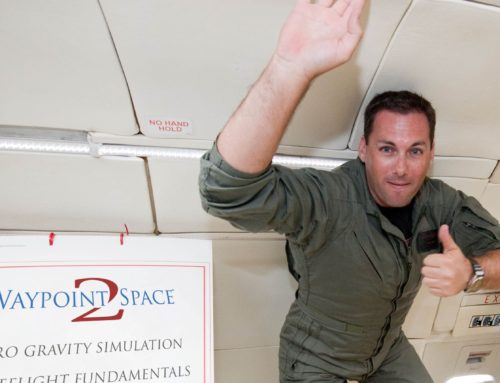Launch of a SpaceX Falcon 9 rocket carrying a commercial communications satellite is now targeted for Tuesday evening, company officials said Monday, giving engineers more time to review data in the wake of a Thanksgiving Day launch abort and work over the weekend to clean and inspect the booster’s engines.
SpaceX founder and chief designer Elon Musk said in a Twitter posting Monday that “all known rocket anomalies resolved” and that engineers would take one more day “rechecking to be sure.”
The launch window Tuesday opens at 5:41 p.m. EST (GMT-5) and closes at 6:47 p.m., according to a company spokeswoman. Forecasters are predicting a 90 percent chance of acceptable weather Tuesday and Wednesday.
Launch originally was scheduled for Nov. 25, but the flight was delayed to Thanksgiving because of unexpected pressure fluctuations in the first stage liquid oxygen propellent system and because the Federal Aviation Administration would not impose airspace restrictions for launch tries Nov. 26 and 27, two of the heaviest travel days of the year.
Last Thursday, the countdown reached zero and the engines briefly ignited but the launching was aborted on computer command, apparently because the thrust did not ramp up as rapidly as expected. Company officials later said the problem was caused by oxygen in the engine igniter fluid supplied by a ground system.
Engineers worked over the weekend to inspect and clean the nine first stage Merlin 1D engines, replacing a gas generator on the center engine. Musk tweeted the engines appeared to be in good shape, raising the possibility of a launch try Monday, the next FAA-sanctioned opportunity. Instead, the next attempt was targeted for Tuesday. A backup opportunity is available Wednesday.
This will be SpaceX’s first launch of a commercial communications satellite using an upgraded Falcon 9 rocket making only its second flight. SpaceX prices the Falcon 9 well below the cost of commercial rockets built in Europe and Russia and satellite operators are closely monitoring the mission.
The payload atop the Falcon 9 is a relay station owned by SES World Skies, which operates a fleet of 54 communications satellite. Chief Technical Officer Martin Halliwell said SES decided to launch with SpaceX to encourage increased competition and lower costs to help offset the cost of increasingly complex satellites and flat revenue streams in developing markets.
“The entry of SpaceX into the commercial market is a game changer,” he said before the initial launch try. “It’s going to really shake the industry to its roots. We’re very excited to be a part of this.”
By: William Harwood (CBS News)
To view the original article CLICK HERE


